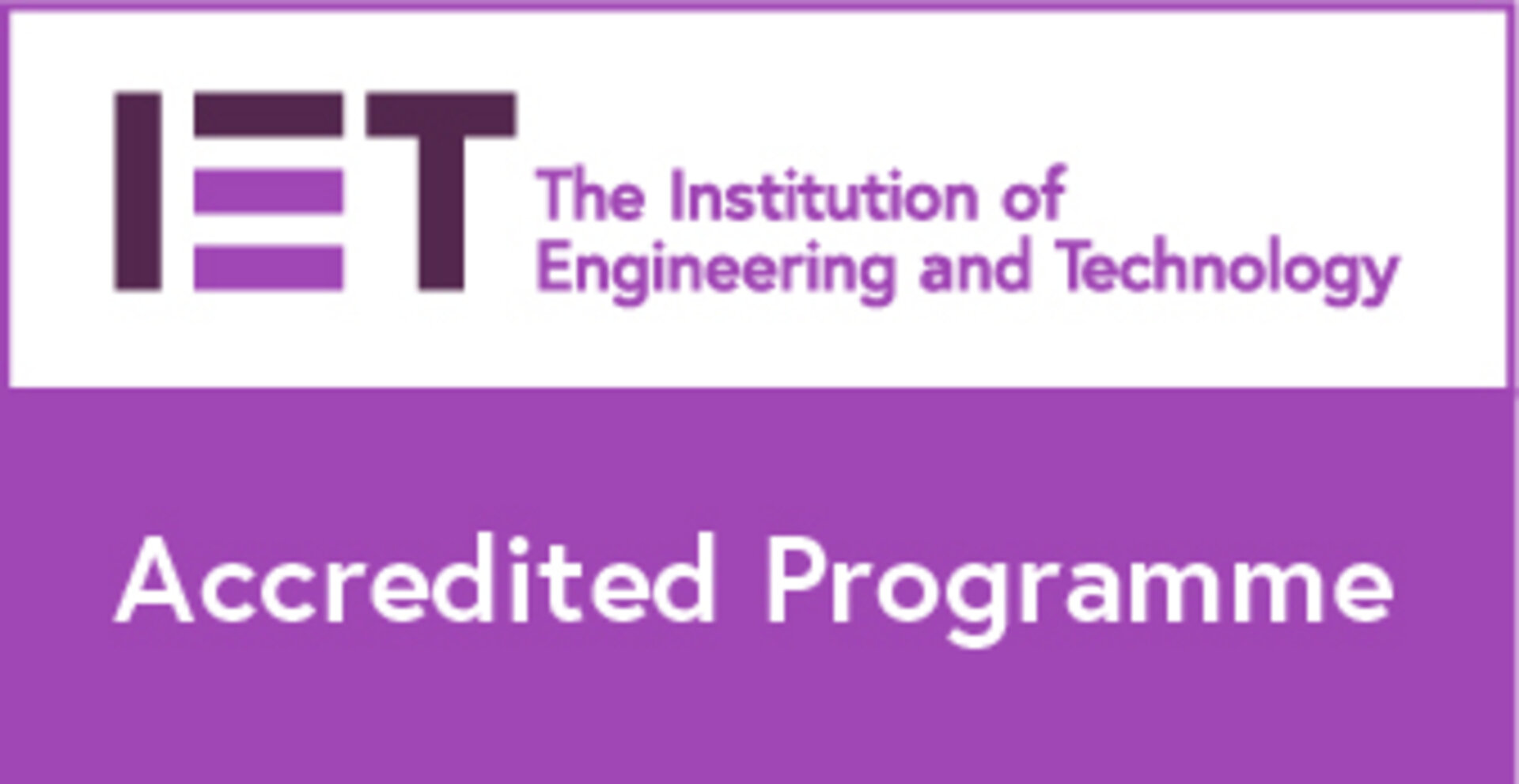Overview
Gaining essential knowledge and skills in designing, managing, controlling and analysing the 21st century electric grid, you will bridge the gap that the electrical power industry is facing. As an electrical power engineer, you will play a vital role in the development of a sustainable energy market. Your role will enable the merger of new technologies and the integration of renewable sources in the industry.
The MSc Electrical Power Engineering offers very exciting opportunities to understand the real challenges in future power networks and to develop innovative solutions.
GCU’s School of Computing, Engineering and Built Environment has almost three decades worth of graduates in the Electrical and Electronic Engineering field and this new Masters has been developed with UK-SPEC/IET (Institution of Engineering and Technology) to develop motivated and critical thinkers for the industry.
Students on the MSc Electrical Power Engineering course are encouraged to join the IET and the Energy Institute (EI) and to participate in the activities which are frequently hosted by GCU. Involvement in the activities of the engineering institutions is an important aspect of career development for you as a student engineer, especially from the point of view of the eventual attainment of Chartered Engineer Status.
Accreditations
What you
will study


